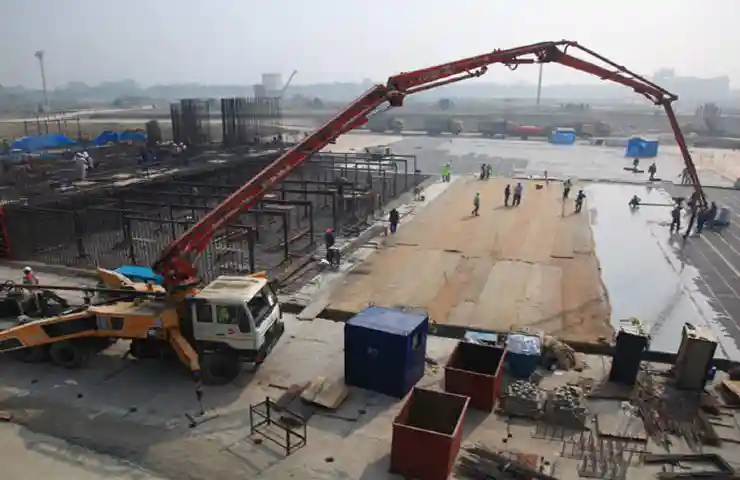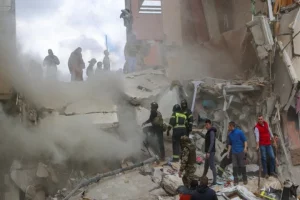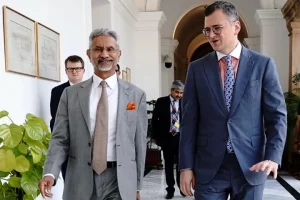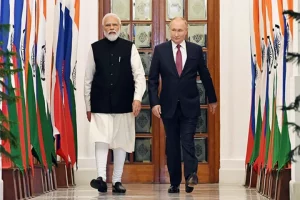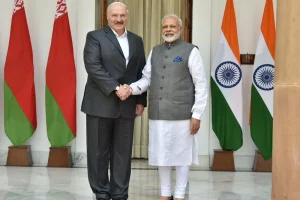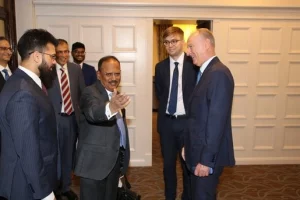Concerns in Bangladesh are rising over the competition of Rooppur Nuclear Power Plant (NPP), in which Russian firms are involved. The Russia-Ukraine crisis could lead to a delay in competition of the project or run into cost overruns, though Russian atomic energy agency Rosatom has assured that there will be no disruption. The largest chunk of financing for the power plant has come from Russia. The project delay will impact Indian companies too.
Indian companies are handling several ‘non-critical’ works.
“No disruption is foreseen in any of the commitments and work schedules in the construction of the Rooppur Nuclear Power Plant,” Rosatom has said. However, Dhaka Tribune said that the situation remains fluid.
India’s Hindustan Construction Company won a $110 million contract for civil works of the Rooppur nuclear plant in a joint venture with Bangladesh’s MAX Group. The Indian company enjoys a 40 per cent stake in this critical joint venture.
Also read: Australia announces new sanctions on Russian banks and oligarchs
In 2019, Russian firm TVEL Fuel Company was awarded the contract to serve as the single-source supplier of nuclear fuel for the nuclear power project.
This will be Bangladesh’s first nuclear power plant coming up in Rooppur, which is located on the east side of the river Padma in the Pabna district.
Following the stringent sanctions imposed by the US and European Union against Moscow, most of the Russian companies and banks have been disconnected from the SWIFT payment system. It remains to be seen whether Russia's forced exit from the western dominated international payment system will hamper further progress on the project. Analysts say that both Moscow and Dhaka are capable of finding a bilateral alternative to payments issue. Much will also depend on how quickly the war in Ukraine ends and western response to a new geopoltical reality that is likely to emerge in the region.






